DHAKA, May 18, (V7N) – The National Economic Council (NEC) today approved an Annual Development Programme (ADP) outlay of Tk 2,30,000 crore for the upcoming fiscal year (FY26), with the largest allocation directed towards the transport and communication sector.
The NEC Chairperson and Chief Adviser, Professor Dr. Muhammad Yunus, presided over the meeting held in the NEC conference room in Sher-e-Bangla Nagar. Relevant advisers were also in attendance.
Out of the total ADP allocation of Tk 2,30,000 crore for FY26, Tk 1,44,000 crore will be sourced from the Government of Bangladesh's own funds, while the remaining Tk 86,000 crore will come in the form of project loans and grants.
However, when considering an additional allocation of Tk 8,599.71 crore from the concerned organizations' own funds, the total ADP allocation for the next fiscal year reaches Tk 2,38,599.71 crore.
Briefing reporters after the meeting, Planning Adviser Dr. Wahiduddin Mahmud stated that the approved ADP forms part of the new budget for FY26, which Finance Adviser Dr. Salehuddin Ahmed is scheduled to announce on June 2nd.
Dr. Mahmud emphasized that the overarching strategy of the entire budget for the next fiscal year is to restore economic stability, reduce inflation, reinstate discipline in budget management, and thereby ensure its sustainability.
“At the same time, our target will be not to fall in the trap of loan either local or foreign side by side to ensure there is no added pressure on us in repaying loans as well as there is no added pressure on us in meeting development and operating expenditure,” he said, adding that the government would strive to break free from the "vicious cycle" that prevailed in the past.
Acknowledging that a rapid increase in revenue collection is not feasible, the Planning Adviser stated that the government will nonetheless aim to keep expenditure at a manageable level, maintaining the budget deficit within four percent of GDP.
He noted that the interim government would not be able to drastically reduce subsidies across various sectors immediately, given the prevailing inflationary trends.
Dr. Mahmud asserted that beyond restoring discipline, this budget will be a "responsible" one, avoiding short-term expenditures aimed at appeasing the public that could lead to increased liabilities in the future.
The Planning Adviser mentioned that no new mega projects or long-term initiatives have been included in the new ADP, with the exception of the Matarbari Deep Sea Port project, which will be funded by Japan.
He stated that the government is making gradual repayments of dues that have accumulated over the years to development partners and foreign entities, despite facing some challenges.
Regarding the implementation status of the Revised Annual Development Programme (RADP) for the current fiscal year (FY25), he indicated that the implementation rate would be lower this year. This is attributed to the interim government's scrutiny of numerous projects after assuming office following the August 5th uprising, leading to budget cuts and checks on fund misuse, which consequently slowed down the implementation pace.
Citing mega projects like the Payra Port, Karnaphuli Tunnel, and Bus Rapid Transit (BRT), he suggested that these projects were undertaken by the previous administration without adequate consideration of their long-term outcomes.
Planning Commission officials reported that the fresh ADP for the next fiscal year is Tk 14,000 crore or 6.48 percent higher than the revised ADP for the current fiscal year (FY25). The original ADP size for FY25 was Tk 2,65,000 crore, which was later revised down to Tk 2,16,000 crore.
The new ADP has been formulated with a focus on sustainable and environment-friendly development, including achieving higher growth, increasing per capita income, poverty alleviation, boosting employment generation, and prioritizing the attainment of the Sustainable Development Goals (SDGs).
Priority sectors in the new ADP include agriculture and agro-based industries, education, health and ICT, transport, power and energy, and ensuring balanced regional development.
The transport and communication sector received the highest allocation of Tk 58,973.39 crore. The power and energy sector received the second-highest allocation of Tk 32,392.26 crore (14.08%), followed by the education sector with Tk 28,557.43 crore (12.42%), the housing and community facilities sector with Tk 22,776.40 crore (9.90%), and the health sector with Tk 18,148.14 crore (7.89%). These top five sectors collectively account for 70 percent of the total allocation.
Among the top 10 ministries and divisions receiving allocations, the Local Government Division received the highest amount of Tk 36,099 crore, followed by the Road Transport and Highways Division with Tk 32,329.57 crore, the Power Division with Tk 20,283.62 crore, the Secondary and Higher Education Division with Tk 13,625.03 crore, the Science and Technology Ministry with Tk 12,154.53 crore, the Health Services Division with Tk 11,617.17 crore, the Ministry of Primary and Mass Education with Tk 11,398.16 crore, the Shipping Ministry with Tk 9,387.62 crore, the Water Resources Ministry with Tk 8,489.86 crore, and the Ministry of Railways with Tk 7,714.99 crore.
The new ADP encompasses a total of 1,171 projects, including 993 investment projects, 19 feasibility study projects, 99 technical assistant projects, and 60 projects funded by the concerned organizations' own resources.
A total of 79 projects have been proposed for implementation under the Public-Private-Partnership (PPP) initiative, while 228 projects are earmarked for implementation under the Bangladesh Climate Change Trust Fund.
In the fresh ADP, 258 projects are targeted for completion, including 212 investment projects, 11 feasibility study projects, 18 technical assistant projects, and 17 projects funded by the concerned organizations' own funds.
Secretaries of relevant ministries and Planning Commission members were present at the meeting.
END/MSS/RH/



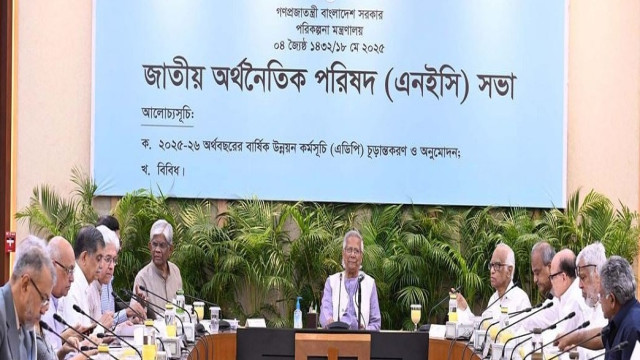
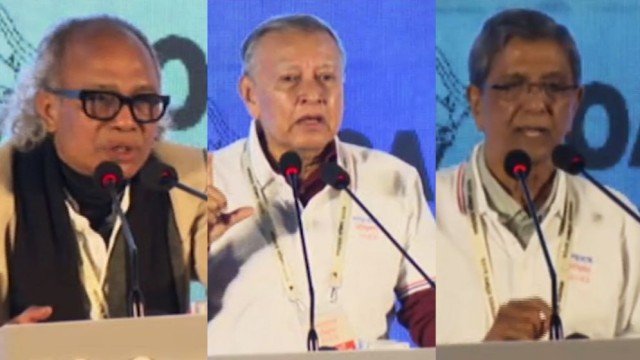

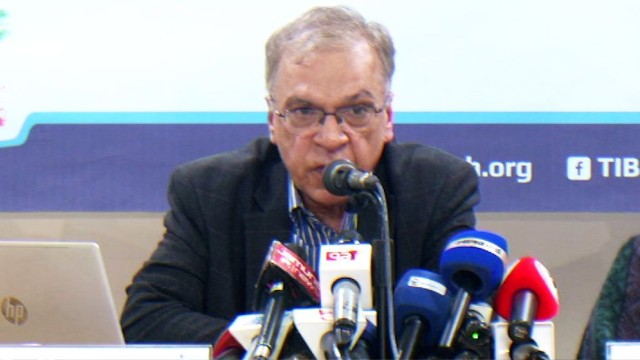


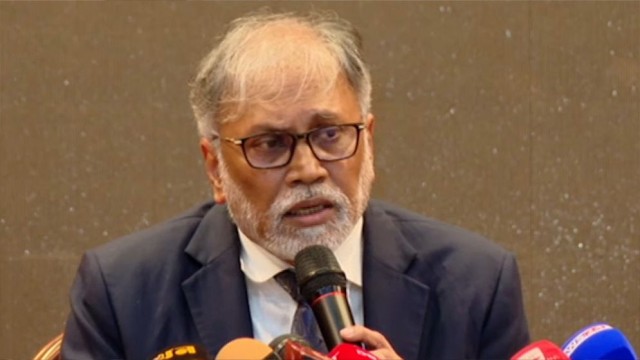
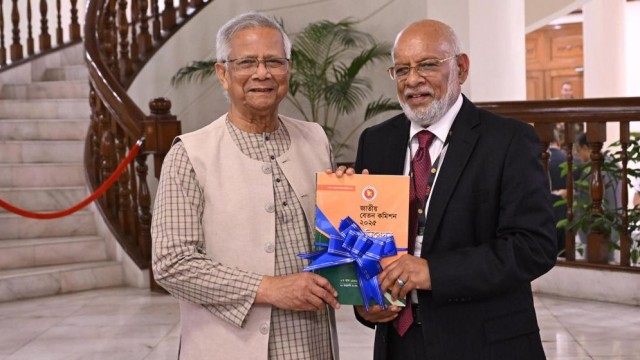
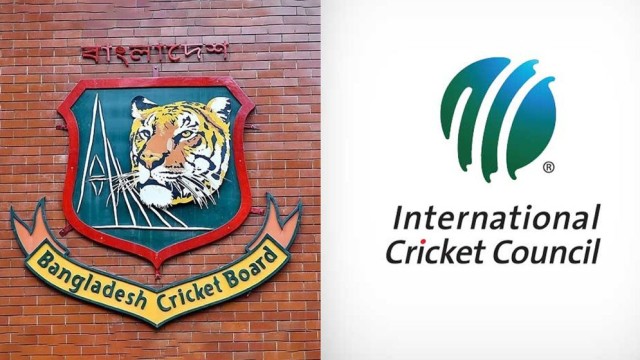
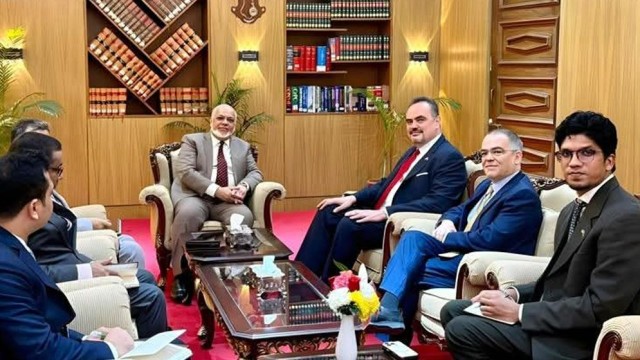

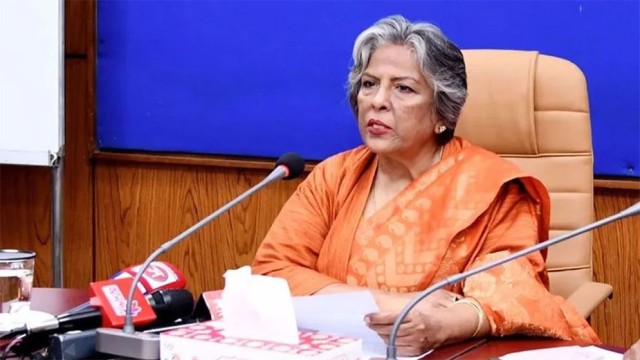
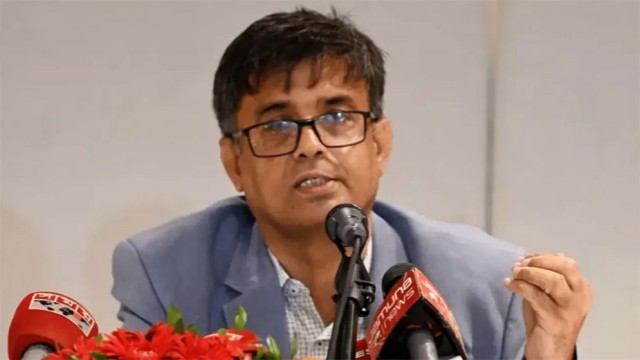
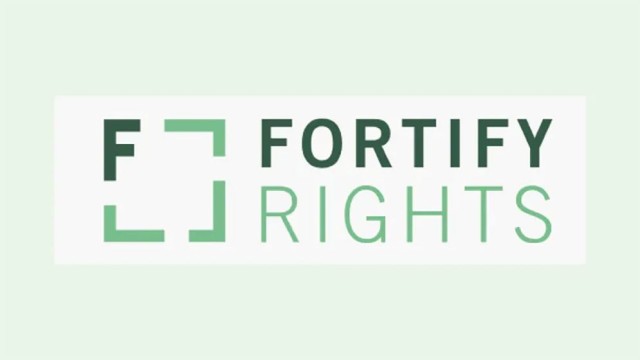
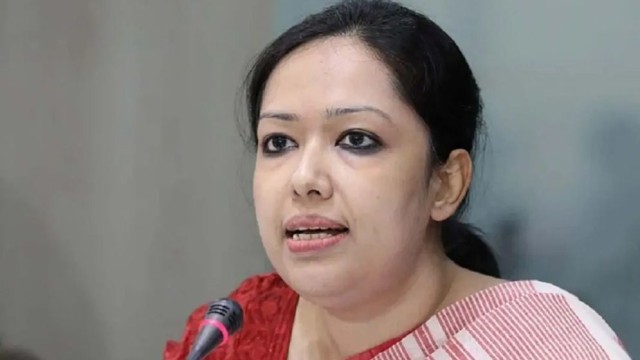
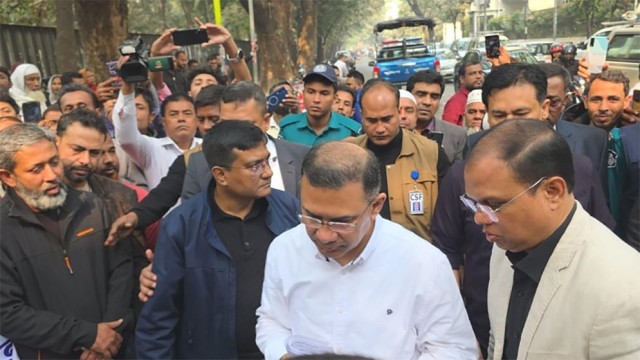
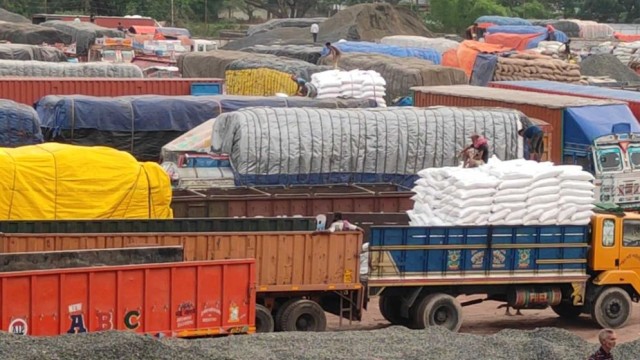





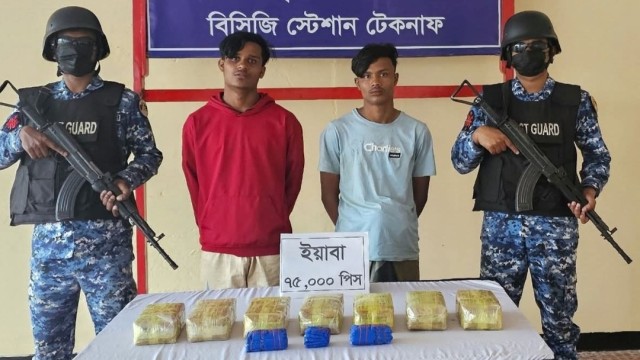


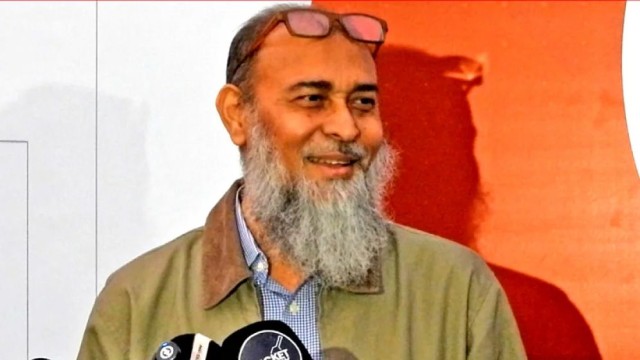


Comment: